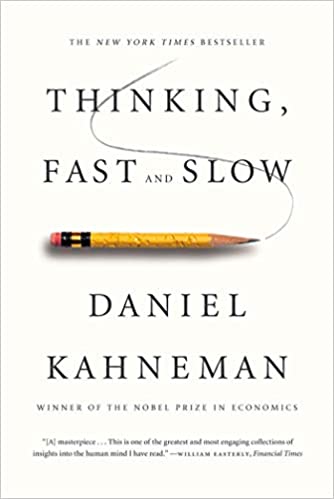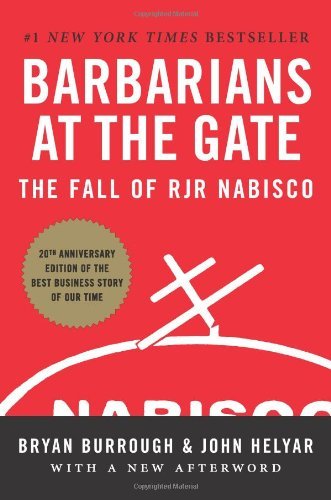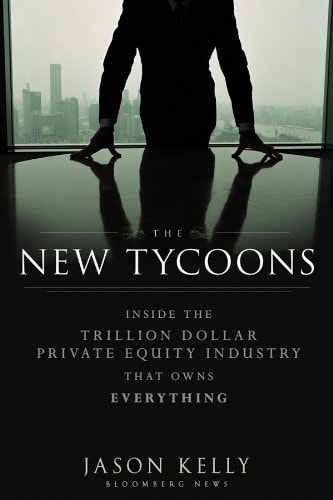|
Genghis Khan: Emperor of All Men
By Harold Lamb Published in 1927 278 Pages Thibault’s Score: 2/5 This book is a narrative history of Genghis Khan. In a style typical of historians of his time, Lamb imagines what life for Genghis Khan must have been like, and writes in a descriptive style. This reads like a fiction book - which is where the problems come from. When Lamb is unsure what happened, then he substitutes facts for imagination. I’ve read many books by Harold Lamb, so roughly knew what to expect. I was hoping that there would be more discussion of sources, historiography, and archeology. However, as with many early 20th century history books, that is perhaps too much to expect. Genghis Khan: Emperor of All Men constantly referenced World War I. Unlike early 21st century readers, who are completely unfamiliar with war, this book was written by someone with an intimate first person impression of World War I. As a result, this biography does a good job at recalling the genocide, war crimes, and attrocities commited by the Mongols. Many of the more modern history of Mongols are written by Mongolophiles, and tend to gloss over the more unsavory parts of Mongol history. The most interesting historical detail that Harold Lamb continuously recalls is the sheer consistency of Mongol law. Despite the brutality of the conquerors, their laws were strictly enforced and always consistent. I do not recommend this book, even to Mongolophiles.
0 Comments
A Concise History of the Rise and Fall of the Mongolian Empire: The Building of an Empire
By Henry Harrison Epps Jr. Published in December 2013 162 Pages Thibault’s Score: 3/5 I like it when books straightforwardly contain all of the information as advertised. This book is just that: a concise history of the rise and fall of the Mongolian empire. Much of the text is copy pasted from Wikipedia, which is fine by me because the audiobook is well produced. Wikipedia is clearly written and concise. The only problem is that it doesn’t come as an audiobook, which this book does. This book doesn’t do a great job of explaining the root causes of Mongol history, analysing the sources, or going into detail. What it does is highlight the major events of Mongol history, from the rise of Chingghis Khan until the end of the reign of his grandson Kublai Khan. It is clear and dry, simple and straightforward, short and concise. I like to start my historical deep dives with survey histories to simply understand the relationship between different events over time. This book accomplished that purpose, and nothing more. Thinking Fast and Slow
By Daniel Kahneman Published in 2011 499 Pages Thibault’s Score: 3/5 Thinking Fast and Slow is a behavioral economics book written by economics nobel laureate Daniel Kahneman. The basic premise of the book is that there are two types of thinking: fast, which is subconscious and efficient but more likely to be wrong, and slow, which is calculated and accurate but takes more time. Examples of fast thinking might be when a driver swerves out of the way to avoid a dear, when someone recognizes a song, or when someone reaches out to hug a relative after a prolonged absence. Examples of slow thinking might be writing an article, solving math problems, or planning one’s day. The two types of thinking are not separate, but rather are deeply connected. For example, fast thinking can be primed with subconscious language. People going to a movie theater and watching a film depicting people drinking Coca Cola on a sunny day are more likely to purchase beverages. On the other hand, slow thinking takes effort. Intellectuals are physically drained, and require sugar in order to function after periods of heavy thinking. Less intelligent people avoid slow thinking altogether because it consumes many bodily resources. Understanding the two ways of thinking about the world is critical. Failure to do so may lead one to adopt unconscious biases. The only way to combat these biases is to be more aware of the cognitive processes I already had heard most of the examples in the book from YouTube TED talks and elsewhere, so found the book pretty boring. I understand the value of the research and why Kahneman won the nobel prize in economics, but didn’t learn as much as I have from other books that I’ve read recently. Against the Gods: The Remarkable Story of Risk
By Peter L. Bernstein Published in August 1998 400 Pages Thibault’s Score: 3/5 Against the Gods is a brief intellectual history of how different mathematicians and economists have interpreted risk throughout the ages. Bernstein starts with the ancient Greeks, who had no concept of risk, jumps to the intellectuals of the renaissance, enlightenment, Victorian era, ending with modern thinkers like John Meynard Keynes. The probabilistic understanding of risk is relatively recent. In the past, scholars did not believe that the world was logical, and thus predictable. The thinkers of today now trend towards the opposite bias. I wish that Against the Gods had talked a little bit more about risk in financial markets, which is why I read the book. I simply didn’t get much of what I was hoping to find out of it. Barbarians at the Gate: The Fall of RJR Nabisco
By Bryan Burrough and John Helyar Published in 1989 582 Pages Thibault’s Score: 4/5 Barbarians at the Gate: The Fall of RJR Nabisco is probably the world’s best known book about private equity leveraged buyouts. It covers the insane bidding war between KKR, Forstmann Little & Company, Shearson Lehman Hutton, and others. Several things struck out to me as I embarked on my journey through the world of late 1980s private equity. First, the level of greed and decadence of RJR Nabisco’s last CEO Ross Johnson is truly staggering. The worst left wing stereotypes about cruel, sociopathic, and greedy CEOs are all embodied in the person of Johnson. Johnson was shamelessly looting Nabisco’s coffers, spending incredible amounts of money on private jets, country clubs, and mistresses. The next oddity is that the private equity was not taking the stock public and doing an IPO. The private equity firms of the 1980s seem to in fact be doing the opposite of what modern firms do - they were taking RJR Nabisco’s already public stock private. I don’t really understand the economics of LBOs, and why PE firms would benefit from taking the stock private. Finally, the behavior of the private equity fund managers described in the book doesn’t mesh well at all with the behavior I have observed in PE people during my day to day life. My image of private equity is that of extremely serious people very concerned about metrics and data. The private equity GPs of the 1980s are backstabbing frat bros with billions of dollars at their hands. The sheer scale of the disinformation tactics and treachery they displayed when interacting with each other is truly incredible. I don’t understand why the share price went up from $75 to $112. To me it seems like the whole deal was a fiasco. I am shocked that KKR has survived, especially because it seems to me like the most expensive deals are always the worst ones. Barbarians at the Gate is probably the most widely read and recommended book in the history of private equity. I am not sure if it merits that title, because if it does, then it doesn’t bode well for the rest of the private equity literature. That being said, it succeeds in the sometimes irreconcilable tasks of being both incredibly informative as well as incredibly entertaining. Much about the world of private equity remains a mystery to me. But the case study of the decline and fall of RJR Nabisco is definitely worthwhile. I recommend this book to anyone who wants to learn more about private equity. The New Tycoons: Inside the Trillion Dollar Private Equity Industry That Owns Everything
By Jason Kelly Published in September 2012 256 Pages Thibault’s Score: 4/5 My day to day work at the Adrianople Group has frequently brought me into contact with the private equity industry. This is problematic, as prior to my time at AG, I had never heard of private equity before. This book has helped clarify and explain many of the interactions that I have had with private equity over the last year. It has de-mystified many of the confusing and complex relationships that I have noticed. Overall, this is by far the best primer into private equity that I have found. I am recommending it to everyone at the Adrianople Group who is a novice that will soon be working with private equity firms. Many of the firms mentioned in the book are the very firms that I am researching. I could not have found a more topical read. The caveat is that, unless you are planning on working in or near private equity, this book simply doesn’t have that much useful or interesting information. |
Thibault SerletMost of my articles are book reviews, but I also write about many other topics. Archives
December 2023
Categories |






 RSS Feed
RSS Feed